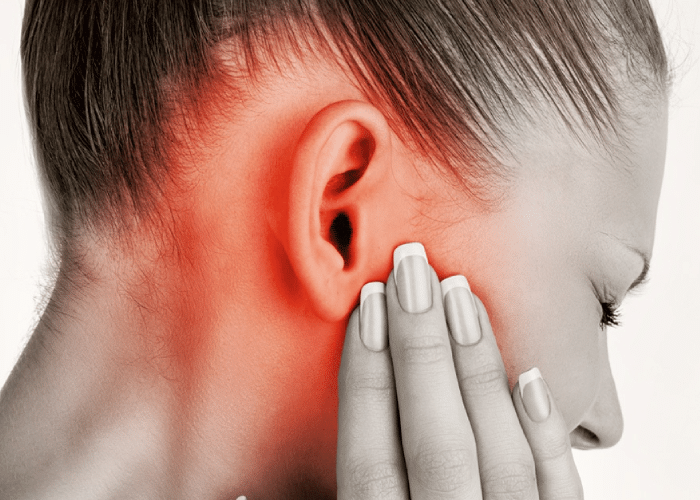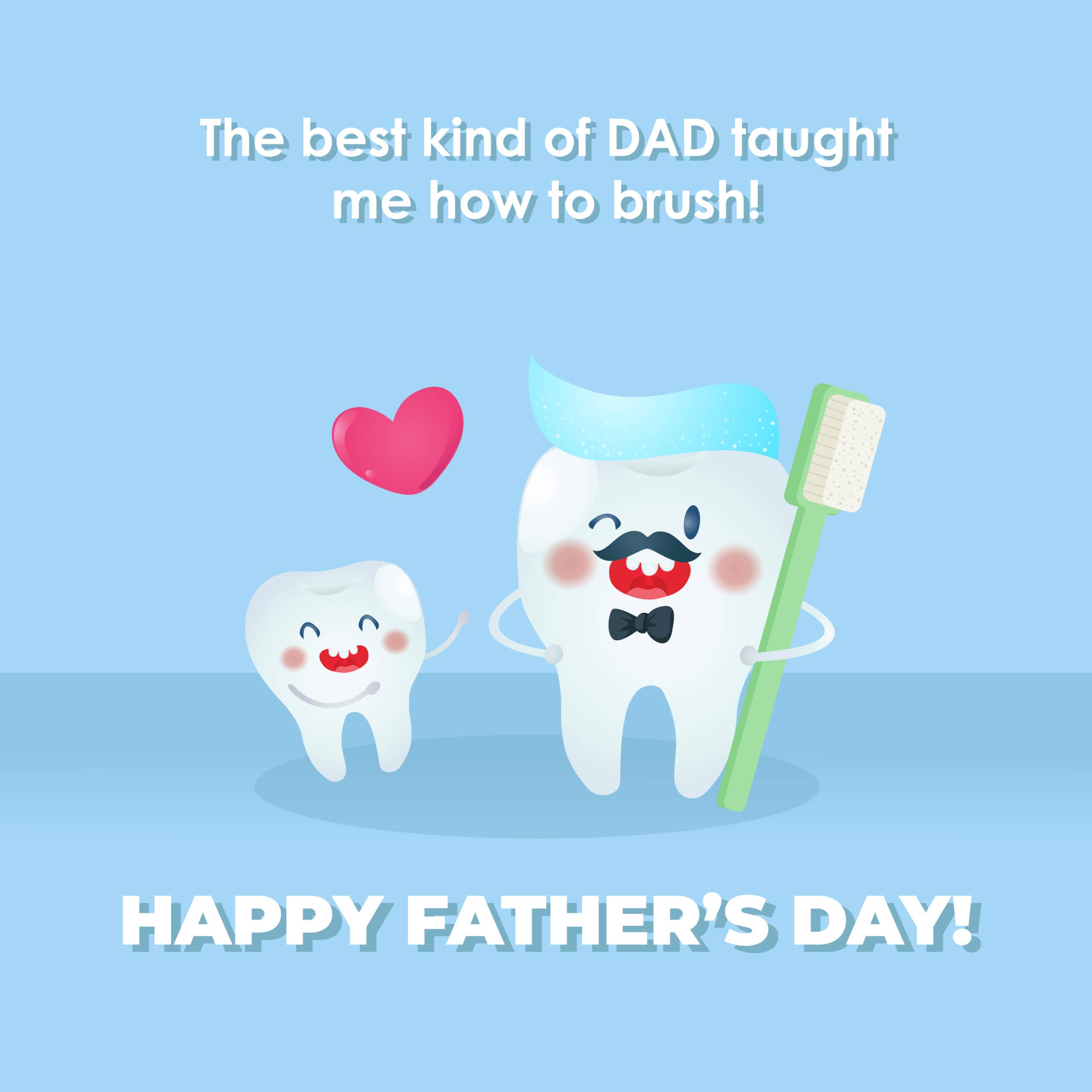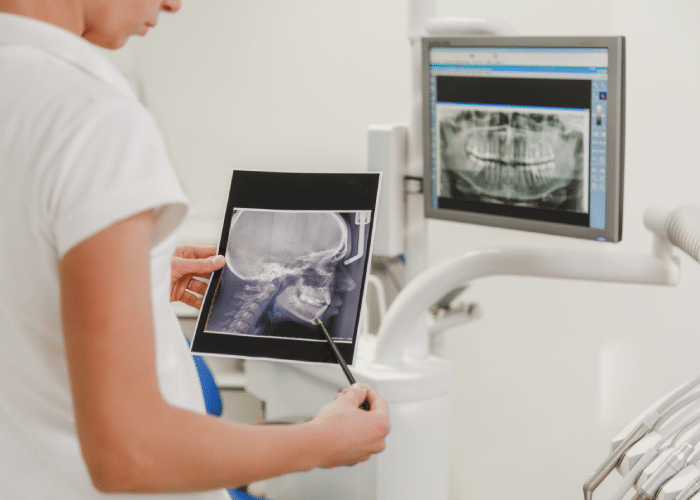TMJ or temporomandibular joint disorder refers to a range of problems connected to issues with the jaw. If left untreated, symptoms can worsen over time.
Key takeaways:
– TMJ is associated with teeth-grinding which can damage teeth and cause pain around the jaw.
– TMJ may be connected with headaches, dizziness and tinnitus.
– The cartilage in the jaw may deteriorate more quickly with TMJ creating more problems with how the jaw works.
If you experience jaw pain, clicking sounds or problems with using your jaw, see your dentist for an assessment.
Article:
https://yourdentalhealthresource.com/the-consequences-of-untreated-tmj/










